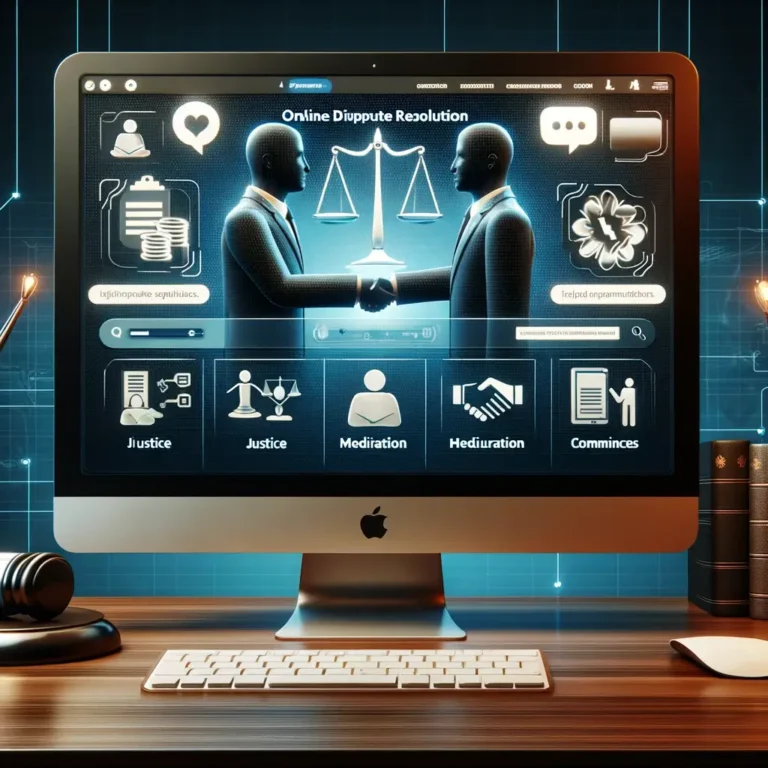In this article we have explained about Role of Telecom Data in Criminal Case Investigations
Introduction to Telecom Data in Criminal Investigations
Telecommunications data has become an indispensable tool in the toolkit of law enforcement agencies worldwide. With the advent of advanced technologies and widespread use of mobile devices, the role of telecom data in criminal case investigations has gained significant importance. This article delves into how telecom data is utilized in criminal investigations, the legal and ethical considerations, and the impact it has on solving cases.
Understanding Telecom Data
Telecommunications data refers to the information that is generated or processed by telecom service providers. This includes call detail records (CDRs), text messages, location data, and internet usage records. These data points provide a wealth of information that can be pivotal in criminal investigations.
Role of Telecom Data in Criminal Case Investigations
Telecom data plays a vital role in various aspects of criminal investigations. It helps in establishing connections between suspects, identifying the location of criminal activities, and providing evidence that can be used in court.
Location Tracking and Movement Analysis
One of the key uses of telecom data in criminal investigations is to track the location and movements of suspects. By analyzing call records and location data, investigators can pinpoint the location of a suspect at the time of a crime, which can be crucial in establishing alibis or proving guilt.
Communication Analysis
Analyzing the communication patterns of suspects through their call and message records can reveal important insights. It can help in understanding the relationships between suspects, identifying potential accomplices, and uncovering the planning and execution of criminal activities.
Legal and Ethical Considerations
The use of telecom data in criminal investigations is not without its challenges. There are significant legal and ethical considerations that need to be addressed to ensure that the privacy rights of individuals are not violated.
Privacy Concerns and Legal Protocols
Ensuring the privacy of individuals is paramount. Law enforcement agencies must follow strict legal protocols to access telecom data. This typically involves obtaining warrants and ensuring that the data is used strictly for the purpose of the investigation.
Ethical Use of Data
The ethical use of telecom data involves ensuring that the data is not misused or accessed without proper authorization. It’s crucial that investigations are conducted in a manner that respects the rights of individuals and avoids any form of misuse of personal data.
Impact on Solving Criminal Cases
The use of telecom data has had a profound impact on solving criminal cases. It has enabled law enforcement agencies to solve cases faster and more efficiently.
Case Studies and Success Stories
Numerous cases have been solved with the help of telecom data. For instance, location data has helped in finding missing persons, while communication analysis has led to the dismantling of criminal networks.
Conclusion: The Future of Telecom Data in Criminal Investigations
The role of telecom data in criminal case investigations is likely to grow in importance as technology advances. While it presents significant benefits in solving crimes, it is imperative that its use is balanced with the need to protect individual privacy rights.
Balancing Technology and Privacy
As we move forward, the challenge will be to balance the effective use of technology in criminal investigations with the need to protect individual privacy and civil liberties. It’s essential that legal frameworks evolve to keep pace with technological advancements.
Frequently Asked Questions (FAQs) on the Role of Telecom Data in Criminal Case Investigations
- What is telecom data in the context of criminal investigations?
Telecom data refers to information like call records, text messages, location data, and internet usage records obtained from telecom service providers, used in criminal investigations. - How is telecom data used in criminal investigations?
It’s used to track suspect locations, analyze communication patterns, establish connections between individuals, and gather evidence. - Can telecom data determine the exact location of a suspect?
It can provide approximate locations based on cell tower signals and GPS data, but not always exact coordinates. - Is accessing telecom data for investigations legal?
Yes, but law enforcement must follow legal protocols like obtaining warrants to access such data. - Does the use of telecom data infringe on privacy rights?
It can raise privacy concerns, which is why it’s governed by strict legal procedures to protect individual rights. - Are text messages and emails considered telecom data?
Yes, they are part of the data collected by telecom service providers. - Can telecom data be used as evidence in court?
Yes, when obtained legally, it can be used as evidence in criminal trials. - How reliable is telecom data in criminal cases?
It’s generally reliable but must be corroborated with other evidence for stronger legal standing. - Can telecom data reveal a person’s internet browsing history?
Yes, it can include records of internet usage, though detailed browsing history might require additional permissions to access. - How long do telecom companies store this data?
The duration varies by company and jurisdiction, but it’s typically stored for several months to a few years. - Can telecom data be used to track people in real-time?
Yes, especially when location services or real-time tracking warrants are in place. - Is it possible to remain anonymous and avoid telecom data tracking?
Completely avoiding tracking is difficult, but measures like using encrypted services can enhance privacy. - Can deleted texts or calls be recovered from telecom data?
In some cases, yes, depending on the telecom provider’s data retention policies. - What ethical considerations are involved in using telecom data?
Ethical considerations include respecting privacy, avoiding data misuse, and ensuring data is used only for legitimate investigative purposes. - How does telecom data help in missing persons cases?
It helps by providing location information and communication patterns that can indicate the missing person’s last known whereabouts. - Are there limitations to using telecom data in investigations?
Yes, including data accuracy, legal constraints, and the potential for data to be misinterpreted. - Can telecom data alone solve a criminal case?
Rarely. It’s usually used in conjunction with other investigative methods. - Is telecom data admissible in courts worldwide?
Admissibility varies by country and is subject to local laws and judicial precedents. - How has telecom data changed criminal investigations?
It has introduced new methods for tracking and evidence gathering, making investigations more efficient. - Can telecom data be accessed for civil cases?
It can be, but it usually requires a court order or subpoena. - What role does GPS play in telecom data for investigations?
GPS enhances the accuracy of location tracking in telecom data. - How do investigators ensure the authenticity of telecom data?
They verify it through cross-checking with telecom providers and other investigative means. - Can telecom data track the movement of a vehicle?
If the vehicle is equipped with a connected device or GPS, its movements can be tracked. - What safeguards are in place to prevent the misuse of telecom data in investigations?
Legal safeguards include warrant requirements, oversight by judicial bodies, and data access limitations. - How do investigators analyze telecom data?
They use specialized software and analytical techniques to interpret the data in the context of the investigation. - Can telecom data reveal the content of conversations?
Only if call recordings are available, which are subject to more stringent legal requirements. - Are there any public awareness initiatives about telecom data and privacy?
Various organizations and governments run public awareness campaigns about digital privacy and rights. - How is telecom data handled in sensitive cases like terrorism?
Such cases often involve more intensive data scrutiny and are subject to additional legal and ethical guidelines. - Can individuals request telecom companies to reveal data collected about them?
Under certain privacy laws, individuals may have the right to access data collected about them. - What is the future of telecom data in criminal investigations?
The use of telecom data will likely increase, integrating more advanced technologies and facing evolving legal and ethical challenges.














